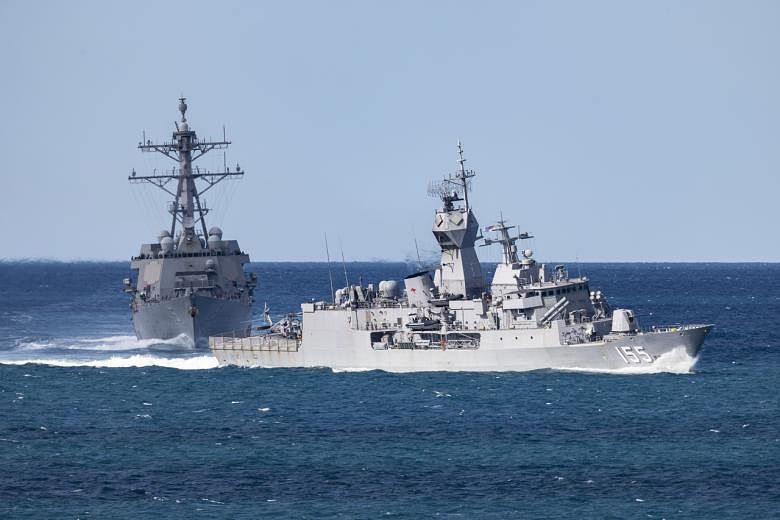In a recent contribution to this paper, Straits Times editorial writer Asad Latif poses the fascinating question: Which system is more likely to produce peace? By system, he meant the diplomatic system that the powers-that-be rely on to regulate inter-state relations.
He contrasts two systems, a hierarchical one typified by the Chinese tributary system and its tianxia aspirations (of ruling all under heaven), and a horizontal one per the Westphalian system privileging "the formal equality of sovereign states independent of any external, higher authority".
Already a subscriber? Log in
Read the full story and more at $9.90/month
Get exclusive reports and insights with more than 500 subscriber-only articles every month
ST One Digital
$9.90/month
No contract
ST app access on 1 mobile device
Unlock these benefits
All subscriber-only content on ST app and straitstimes.com
Easy access any time via ST app on 1 mobile device
E-paper with 2-week archive so you won't miss out on content that matters to you

